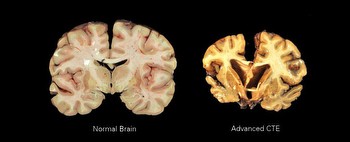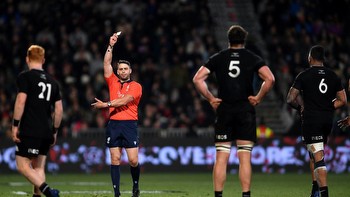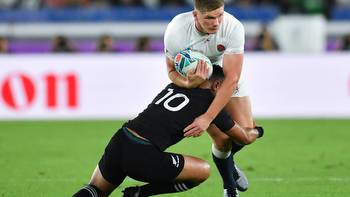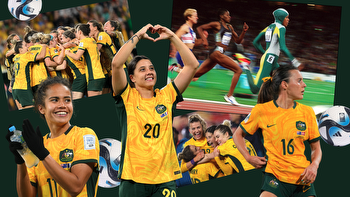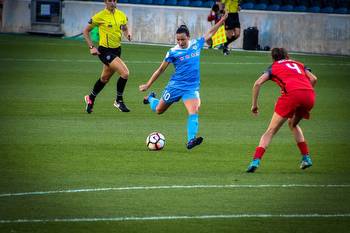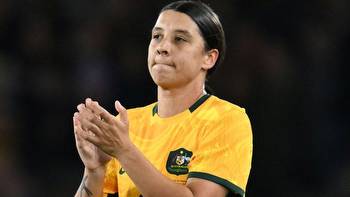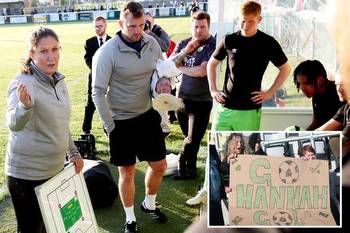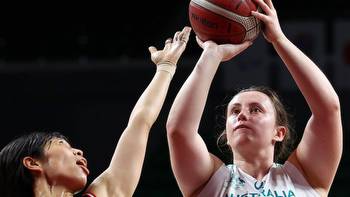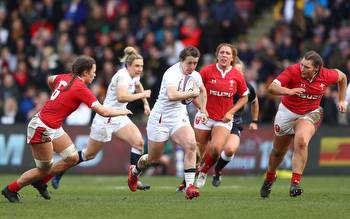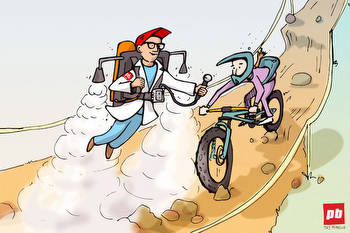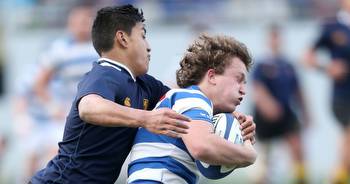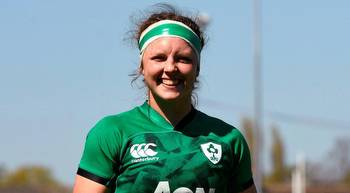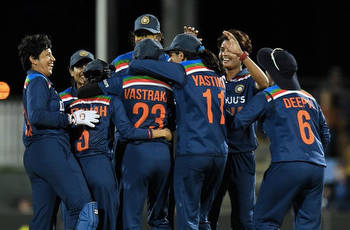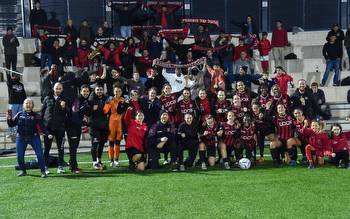Tackling issues to the fore for student of the game Dayne
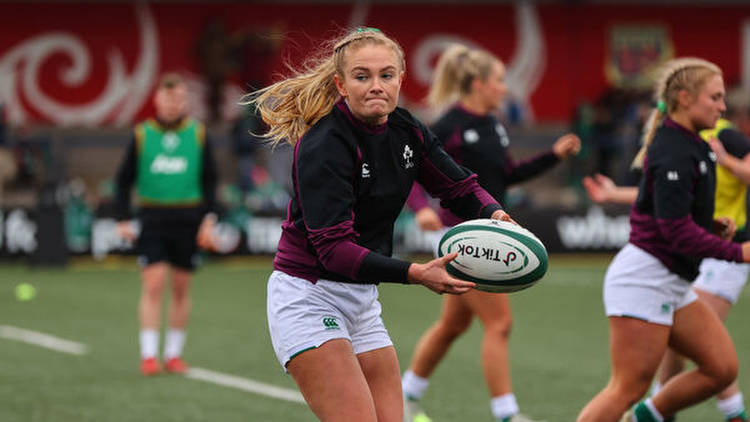
A lot of athletes describe themselves as ‘students’ of their game but, in the case of Irish scrum-half Kathryn Dane, that is, literally, true.
She’ll be busy in the furnace-room when Ireland face the white-hot heat of England in the TikTok Six Nations tomorrow (Welford Road, noon) and is just as busy with rugby off the pitch.
The subject of her PhD in Trinity College – tackling - is particularly timely as the game’s hot button topic right now.
Old Belvedere’s nippy Ulster ‘nine’ is specifically examining tackling in the women’s game but that brings insights into all aspects of it, including concussion.
“It (the tackle) is such a contentious issue in the men’s game at the moment and I wanted to take a deeper dive into the women’s game. I noticed that a lot of the research that has informed tackle safety and tackle coaching is informed by research in the men’s,” the 25-year-old physiotherapist explains.
“Obviously there’s physiological differences between men and women but there’s also contextual differences in rugby,” she points out.
“A lot of us (female players) start playing a little bit later in life, a lot of us have been fast-tracked into international level.
“Sometimes that means we fast-track the basic skill learning and we have to adjust the tactical and performance end of things. We shouldn’t really brush over those fundamental skills and movements that are so crucial for safety and performance.”
She’s hoping her doctorate will eventually “help inform things like policy such as tackle height laws and also coaching frameworks” to make sure female players are safer and better prepared.
Studies that show women suffer even more from concussion make her studies especially relevant.
“They’re starting to notice that the mechanism of injury (to female players) is slightly different, perhaps head-to-ground impact or head-to-head, as opposed to the men’s game where a lot of it is head-to-hip or head-to-knee.
“In women’s it’s a bit more whip-lash type but we don’t actually know the mechanisms around why that is happening.
“Is it a training thing, that they’re not prepared enough, or do women (physically) just tackle differently than men? I’m hoping my PhD will help answer some of those questions.”
Surely more rule changes around tackle height are inevitable?
The academic in Dane won’t rush to judgement but she says the recent flurry of red and yellow cards in the men’s game proves that World Rugby is now taking it seriously.
Ireland coach Greg McWilliams has revealed that Dane, who grew up a drop-kick away from Enniskillen RFC, contributed some insights this week that even he hadn’t spotted.
She laughs delightedly when you suggest she’s a rugby nerd.
“Absolutely! Rugby’s been everything since I was tiny. I grew up in a rugby house, my da took me to absolutely every match. I live and breathe the game and it’s a real pleasure to be able to study it as well.”
After two years in the driving seat she lost the Irish nine jersey to Connacht newcomer Aoibheann Reilly at the start of this campaign but returned against Italy in a role she clearly relishes.
“I’m probably a bit biased but I think nines are some of the cleverest on the pitch. We see everything, we’re all eyes and ears to everything. I’m not sure Greg would agree with that, he might suggest centres or hookers.”
“Obviously you want to start and play every minute of every game but the real beauty of this team now is that we have such a big playing pool and it’s all about depth and growing the talent in our country.
“It’s a pleasure to watch Aoibheann grow and I was more than happy to watch her express herself,” she insists.
Her own Six Nations debut, as a replacement, came in 2019’s 51-7 drubbing by England. Like all but two of her teammates, she has never beaten them at this level.
Losing their entire first-choice backline to the Sevens programme means tomorrow’s odds are stacked higher than ever but she says “funnily enough we always tend to perform quite well against them away from home, I don’t know why but it’s almost like we relish the challenge on their soil and bring the fight.”

